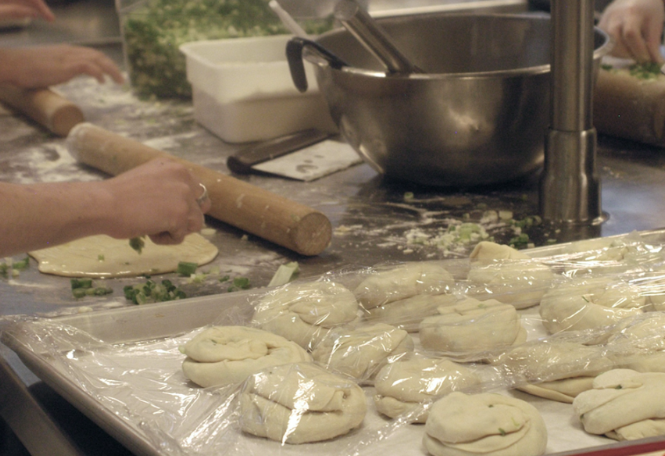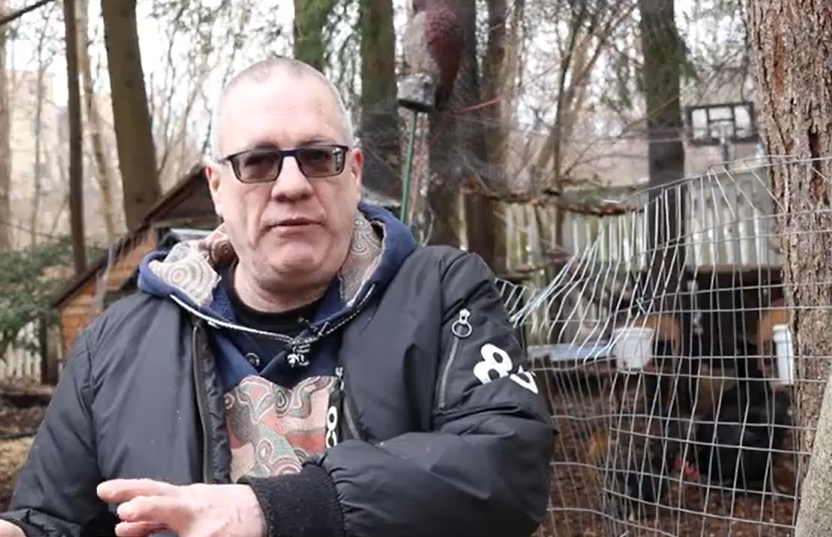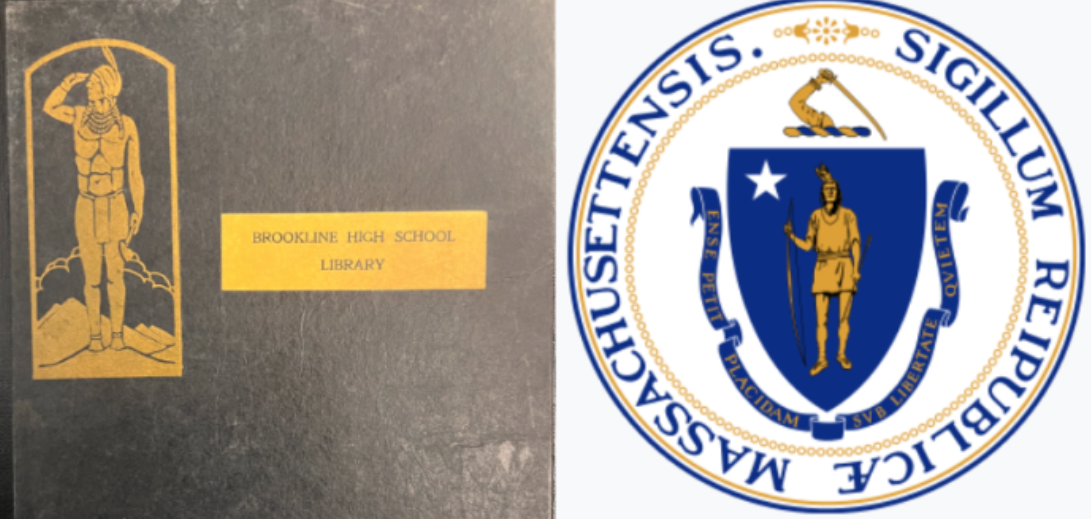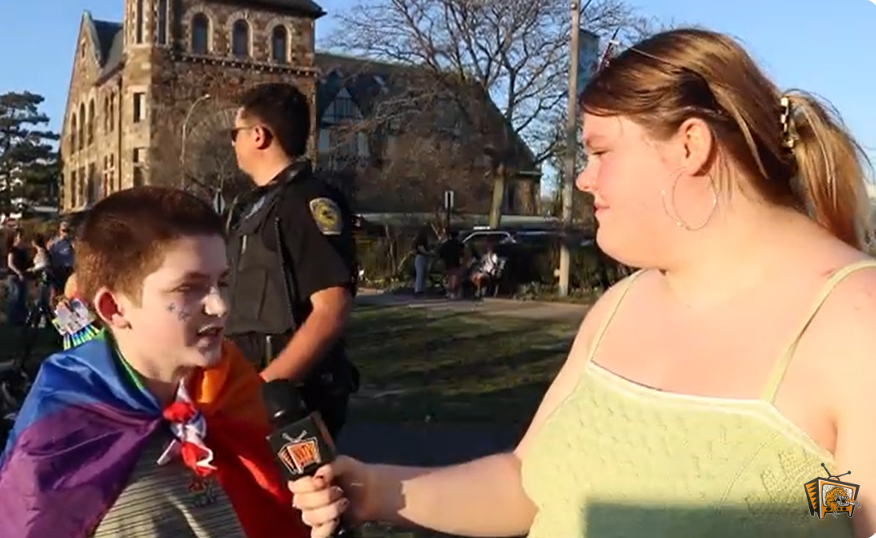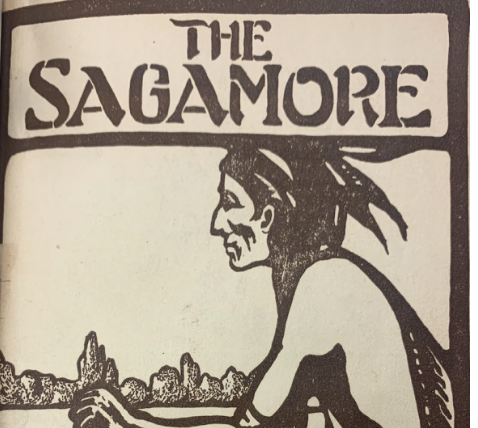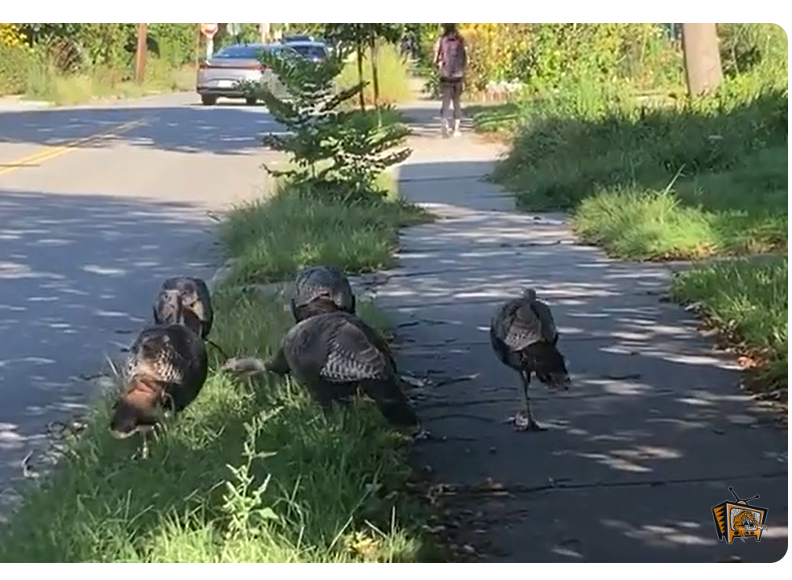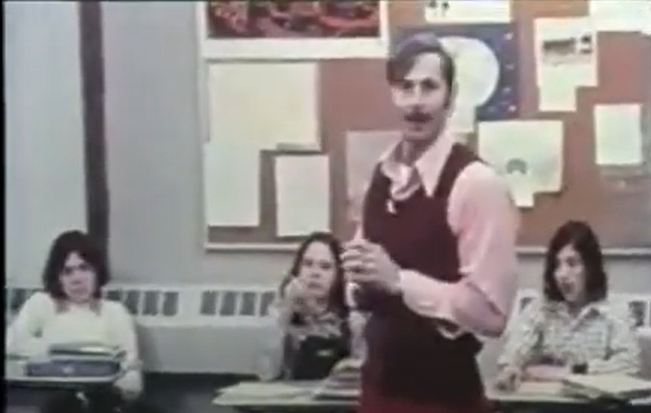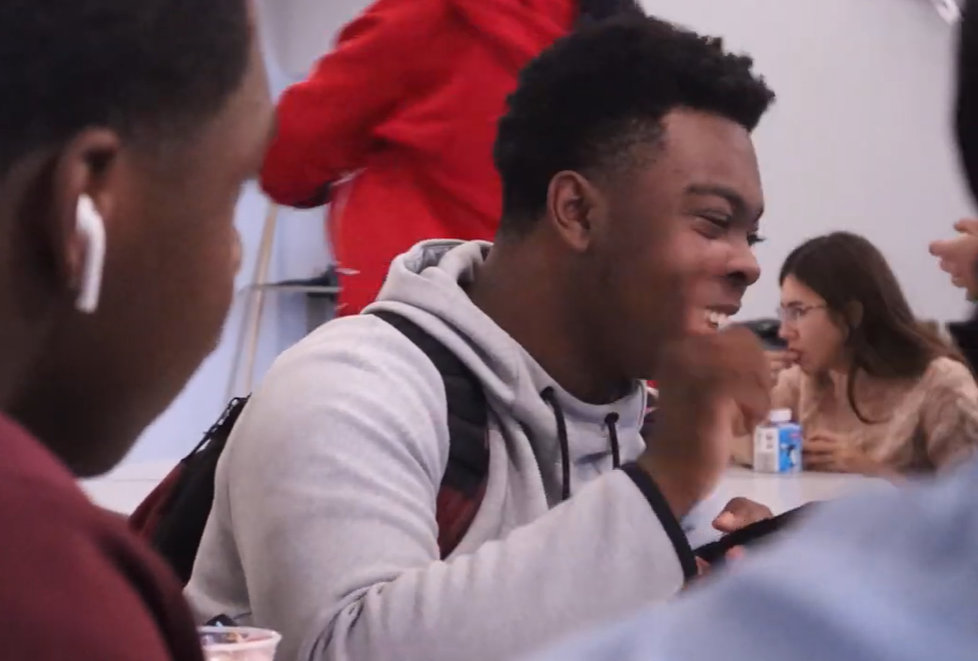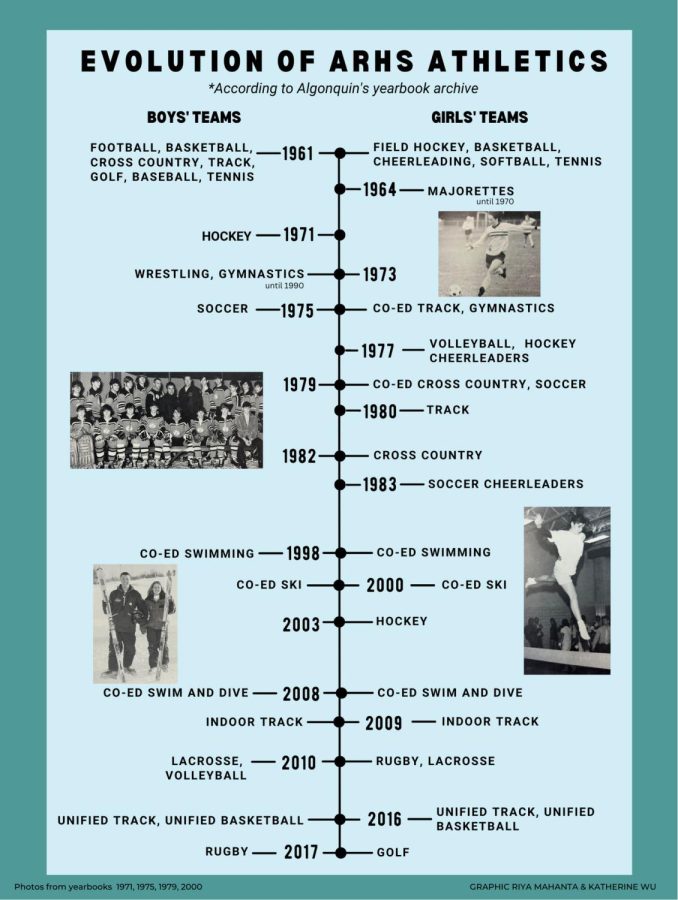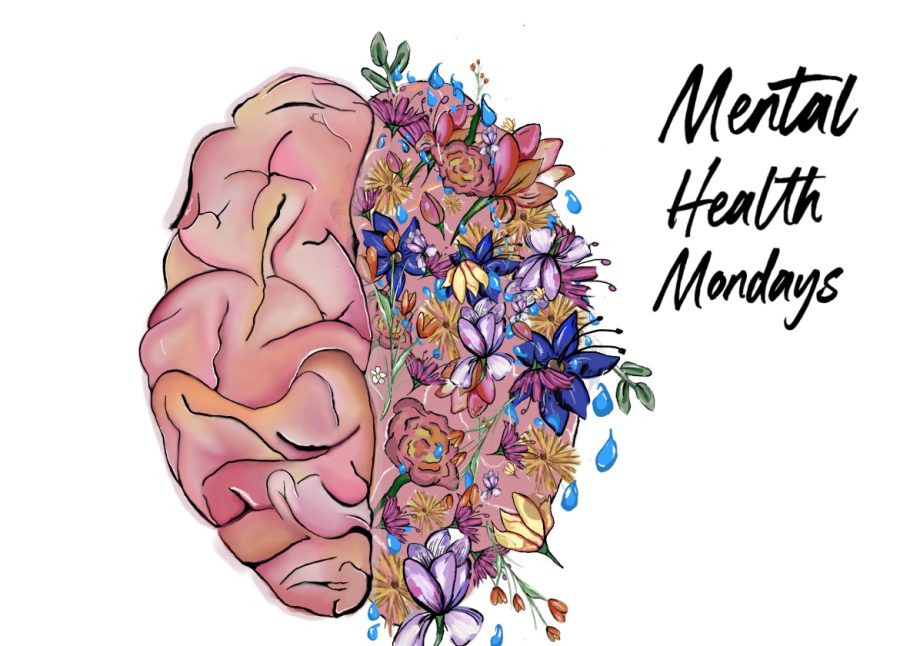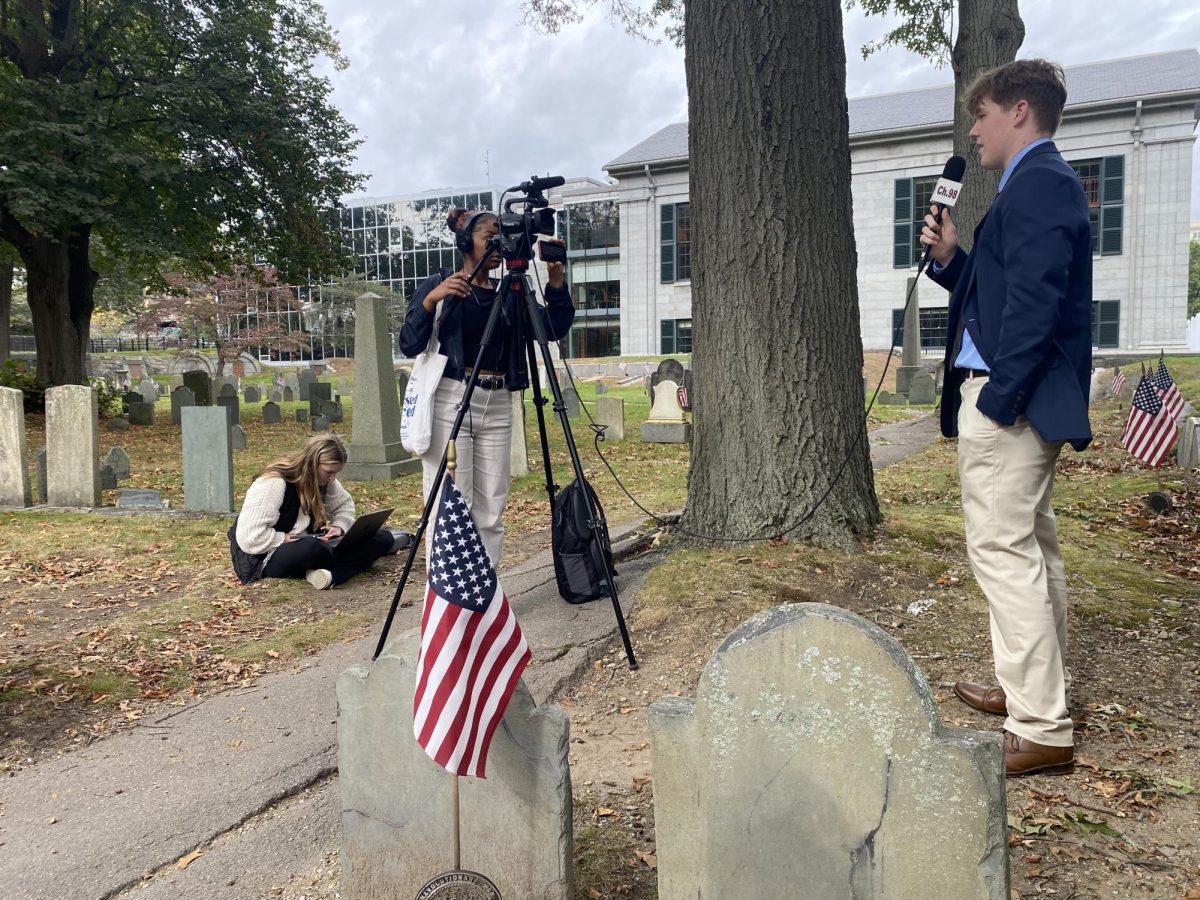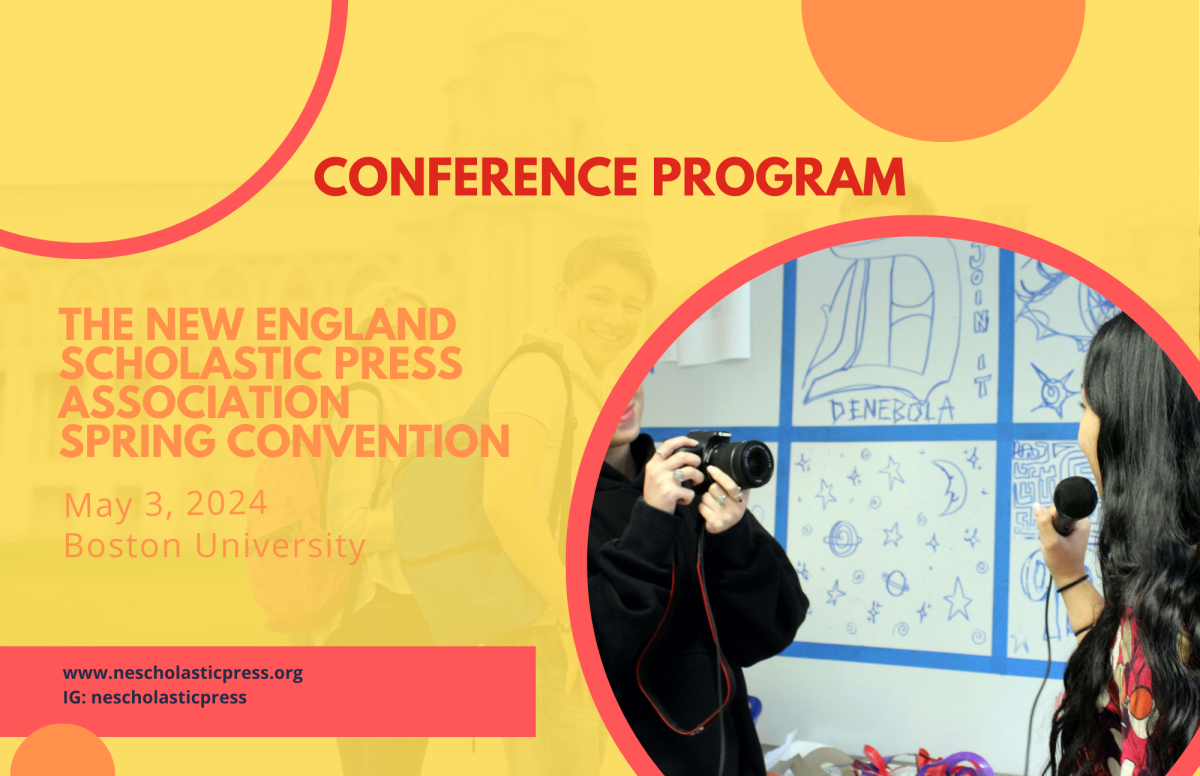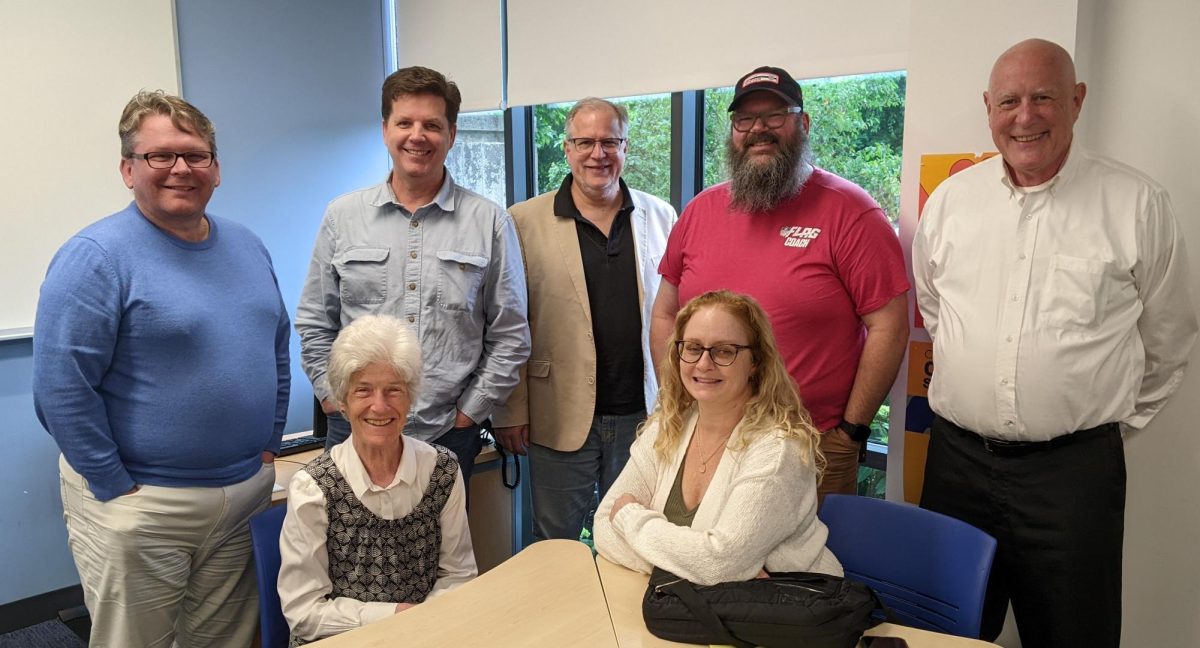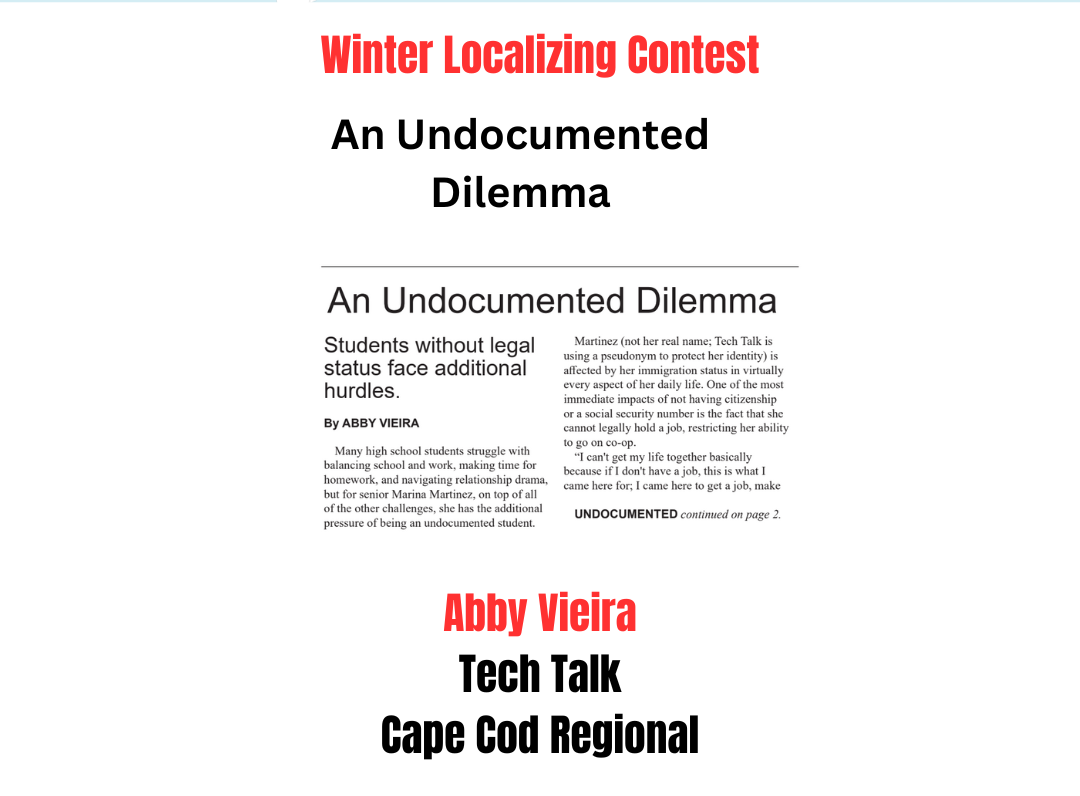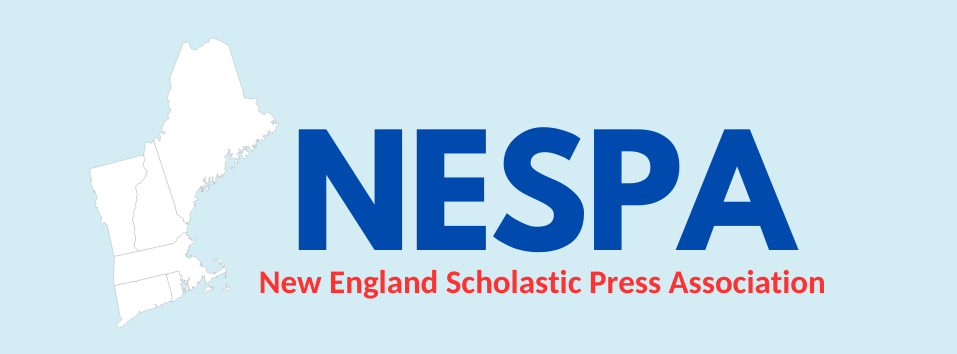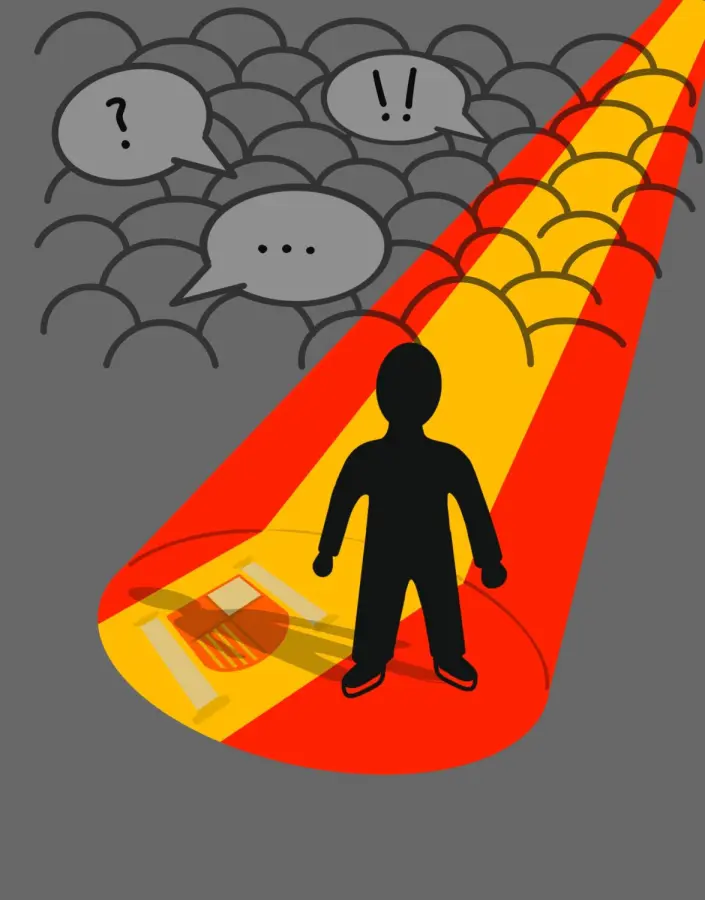What heritage speakers have to say about Spanish class
July 15, 2023
NESPA Winner: Bylined column, 2023
The Cypress, Brookline High School, Brookline, MA
Every time my Mexican grandparents visit my family, one of the first things they ask me is, “How’s Spanish class going? Perfect grades?” I always laugh in response and confirm that yes, Spanish class is going well. However, there are a lot of challenges that come with being one of the only Latina students in my Spanish class.
I have always taken pride in how Spanish was my first language. I’ve spoken in Spanish with my mom since I was a child. However, as I got older and attended school in English, the Spanish language stopped being a constant in my life. Eventually I lost fluency.
Once I began taking Spanish, I quickly realized that it was extremely frustrating to try to explain to my classmates that while I am Latina and Spanish is my first language, I am not fluent, so from an early age I began keeping the fact that I was Mexican largely to myself. However, as I grew confidence in my identity and became more vocal about my Latina ethnicity, I began to notice the harmful misconceptions about why Latinos choose to take their heritage language as a class.
One of the most damaging assumptions is that heritage speakers such as myself are under- challenging themselves for an “easy A.” According to Junior Rafa Mendez, oftentimes people judge heritage speakers and believe they are taking their heritage language out of sheer laziness.

